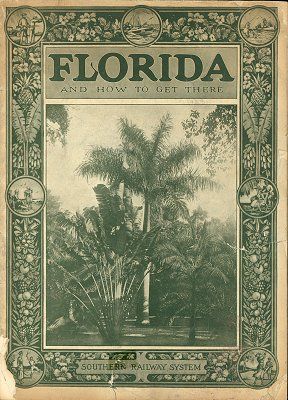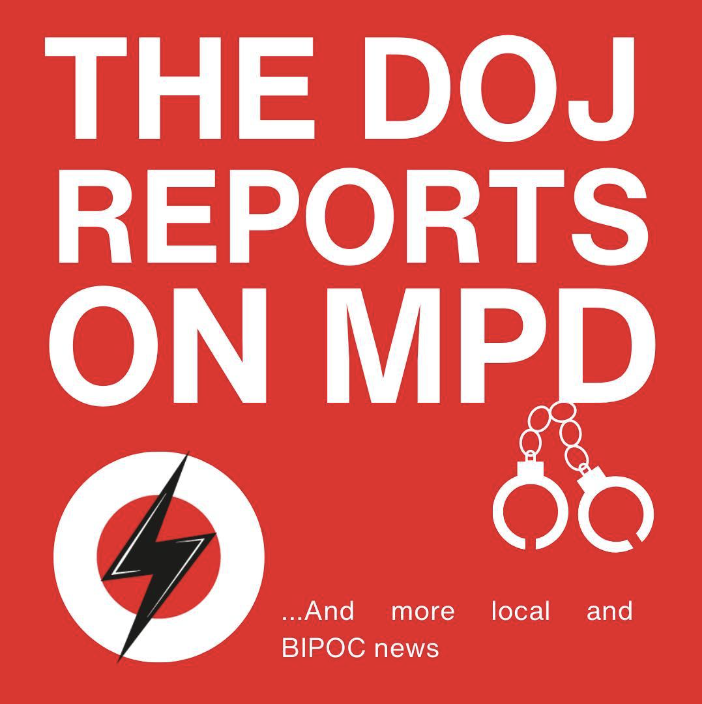This week’s edition covers stories
from June 15th to June 21st, 2023.
Today’s issue is 752 words, a 5.8–minute read.
In today’s edition: Isabella and Helene talk the DOJ report on MPD and a linguistics phenomena!
Good morning, readers! Helene here. It’s officially summer now, and there’s no shortage of activity in the Twin Cities these days. This past Monday, June 19th, was Juneteenth. This was the first year that the holiday was officially recognized in the state, even though celebrations have been around for a long time and the holiday has been recognized federally since 2021. This year saw huge turnouts at all different types of celebrations around the Twin Cities, including the block party and parade that the Black-Owned businesses rewards club put on. What an exciting day!

In other, more sobering news, I’m sure many of you have heard about the recent DOJ report on the Minneapolis police department (MPD). Last Friday, the U.S. Attorney General Merrick Garland announced that “Minneapolis police regularly violate the public’s constitutional rights, use excessive force against adults and children, discriminate against Black and Indigenous people during traffic stops, and retaliate against community members and the media”. Thank goodness our fearless leader, Jacob Frey, was right back out in the community after the report was released showing off his moves at Juneteenth celebrations! That’s the time AND the place, Mr. Mayor! Eye roll.
The DOJ probe was launched in 2021, shortly after Derek Chauvin, the police officer who murdered George Floyd, was convicted. Over the past two years, the DOJ has followed the goings on with the MPD and, two years later, concluded the following four things:
- MPD uses excessive force, including unjustified deadly force and other types of force.
- MPD unlawfully discriminates against Black and Native American people in its enforcement activities.
- MPD violates the rights of people engaged in protected speech.
- MPD and the City discriminate against people with behavioral health disabilities when responding to calls for assistance.
The investigation involved the feedback of community members and organizations (over 2,000!), interviews with police officers, police ride-alongs, conversations with city-staffers, and the review of thousands of documents. Now what remains is finalizing a consent decree between the Federal government and the City of Minneapolis. This would outline the changes that are to be made in the MPD in the coming years. We’ll be watching this all unfold in Minneapolis in the coming years, and we hope you do too. That’s it from me today! I hope you all have an excellent Thursday and that you remember to give this week’s NewMusica a listen.

“Now I have a name for something I hear all the time!” Carmen said. NPR released a conversation on June 18th with Philip M. Carter, professor of linguistics at Florida International University, to speak about Calque. The word is known as a loan translation, although calque is also known as to copy or trace; in Spanish we know the word as “Calco” or “Calcar” – similar to Calque, you see?
Prof. Carter compared calque to borrowing a concept to then translate it into the target language. Spanish speakers do this all the time, especially if you’re fluent in both languages, it is easy to rely on your mother tongue to define the concept in another one. To go even deeper, Soviet theorist Lev Vygotsky focused on the role of language in cognitive development. In psycholinguistics, educators touch on the importance of bilingual individuals creating a preference of thought for one language over the other. Our systems of thought are fundamentally different from someone who grew up in a different culture with a different language.
Yet, more often than not, the children and grandchildren of immigrants grow up to be bilingual and psycho-linguistically create this washing machine effect that Prof. Carter speaks about. He mentions that individuals don’t separate languages singly but, instead, they create a mix of words that exchange concepts and uses with each other.
I can say that I have calqued many times before. My friends and family have called me out for intending to “loan” translate Spanish concepts that don’t entirely exist in the English language – yet they understood what I meant… Language preference transpires through cross-language practices, where individuals might demonstrate preference for one language over another when expressing emotions or intellectual reasoning. 60 percent of the world’s population is bilingual today, according to Gursoy and Ozcan. Thus, I believe the birth and evolution of calque might derive from the bi-linguisitic form and the brain’s desire to inherently express a language’s concept in the present culture’s understanding.
-Isabella
That’s all from us today, folks! Enjoy the official beginning of Summer with our beautiful collaborative playlist NewMusica, for NewTaste and NewVibes.
-Isabella and Helene

We’re Communications Specialists by day
and spending time at the beach by night!
Do you enjoy reading NewPrensa?
Forward it to someone you think may enjoy it too!
Got suggestions, feedback, or a good scoop?
Send it to us at newprensa@newpublica.com
If someone sent this newsletter your way, feel free to subscribe to get local, BIPOC news delivered to your inbox every Thursday morning.



